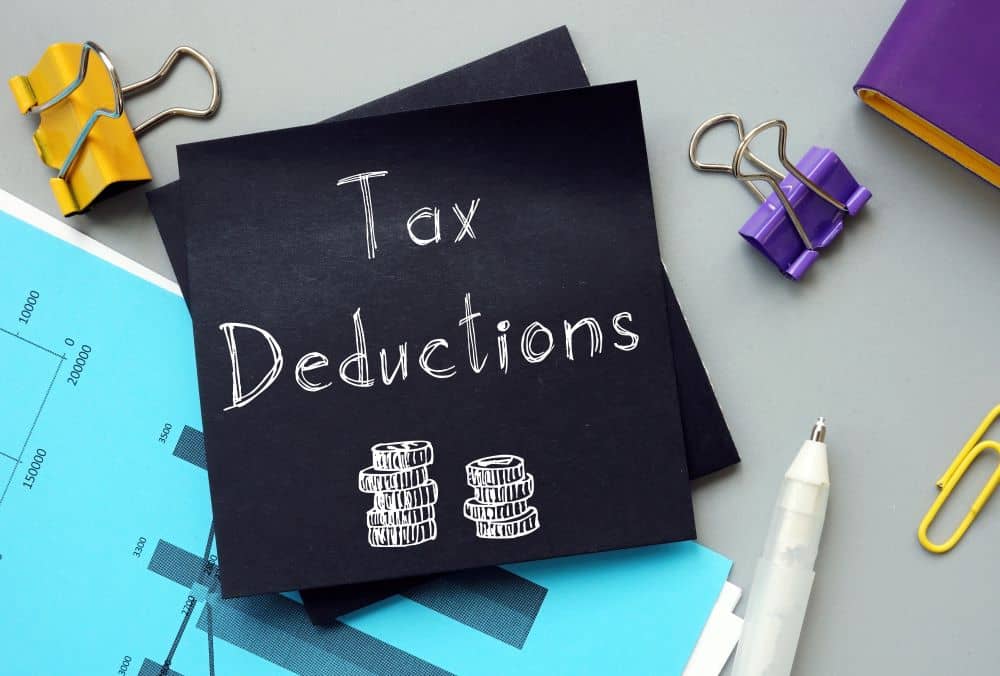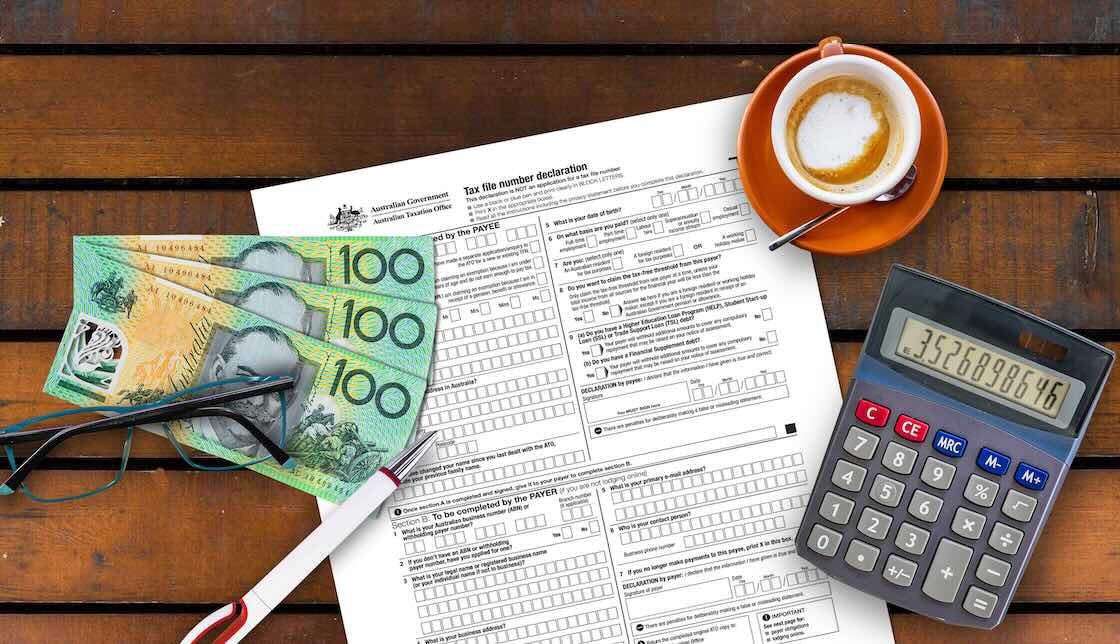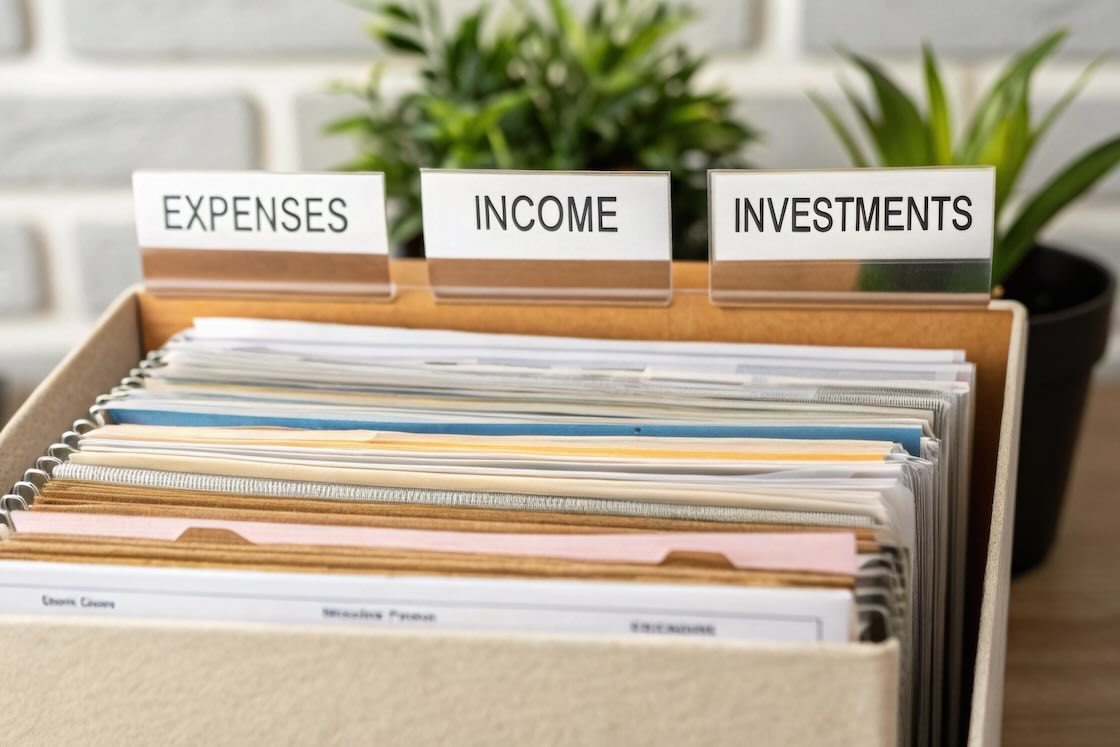[Updated August 20, 2024]
As a small business owner, you are likely well aware of the impact your deductions can have on your taxes, and you do your best to save yourself money during tax time. However, are you sure you are getting all of the tax deductions you deserve this financial year?
Each year, scores of Australian taxpayers miss out on deductions that can offer considerable savings. You owe it to yourself to learn all you can about what you can deduct before lodging your taxes.
Our experienced tax agents have helped thousands claim their small business tax deductions Australia-wide and can help save you more than you thought possible.
Where to Start with Business Deductions?
The first step can be the most difficult, whether climbing a mountain or lodging your business taxes. The first step to a painless tax season started last year with excellent record-keeping.
You need to be able to back up every deduction you take and to do that, your accounting needs to be just right. This is a goal any small business owner would have, but it never hurts to highlight what is essential.
One of the details to take care of is your receipts for business expenses. The Australian Taxation Office (ATO) may ask for proof to back up some expenses. Here are three the tax office will generally watch carefully.
- Home Office Expenses – With so many people working partially or totally at home, the ATO is bracing for an onslaught of deductions.
- Meals and Entertainment – Make sure to document the details of your meals or outing. It is a smart idea to note the names of those who attended and the purpose of the gathering.
- Vehicle-Related Expenses – Deducting the use of your vehicle for business purposes is permissible. According to the ATO, you should carefully log the details of times you used your car for business purposes, including kilometres driven and the reason for the use.
Small Business Tax Deductions You Should Know About
Each small business deduction comes with specific parameters and conditions to be met before applying the deduction to your taxes. See a rundown of the most relevant small business deductions listed by the ATO below:
Deductions for Personal Superannuation Contributions
For those under age 75, it is possible to claim a deduction for personal super contributions made to an eligible super fund. If you are between the ages of 67 and 74, you must have been employed for a minimum of 40 hours over 30 consecutive days during the financial year.To make a personal tax-deductible contribution, you need to submit a valid ‘Notice of intent to claim or vary a deduction for personal super contributions’ form and receive an acknowledgment for a valid notice from the fund in writing.
Fees for Professional Services
You can write off their services if you pay an accountant, bookkeeper, business lawyer, or tax consultant
Business Insurance
Because a company needs insurance to operate, you may be able to deduct some or all of the premiums. Some typical kinds of business insurance that you may deduct include:
- General Liability
- Professional Liability
- Cyber Insurance
- Commercial Property
Deductions for Your Home Office
To claim a tax deduction for your home office space, the area must be a dedicated home office where the majority of the time is spent doing business-related activities. For example, checking invoices at your dining room table does not make your dining room your home office:
- The area must be your principal place of business
- You should have no alternative workspace
- Repairs to Your Home Office
- Necessary repairs to your home office, such as replacing a broken door, are deductible as expenses on your taxes
- Utilities
As long as your home qualifies as a workspace, a portion of your electricity, heat, and water can be part of your deduction. Additionally, your internet connection and phone may be a part of your small business write-offs. If you are a home-based business, this could be significant.
Independent Contractors
If you hire freelancers or subcontractors, you may be able to write off their fees on your income tax return. Carefully document the details of your transactions in case the ATO questions anything.
Website Fees
Your business relies on an online presence to keep up with your competition, so the fees you pay to operate your site may be written off. Usually, this includes:
- Domain
- E-commerce hosting
- Purchasing design templates
- Rights to use stock photos
Web Services
The numerous services you need to keep your website running well can also be tax-deductible. For example:
- Website development
- Tools to improve SEO
- Sites to manage your social media
- Email marketing solutions
- Editing sites
Advertising and Marketing
These critical factors can make or break your business and are eligible as small business tax write-offs. Whether managing your email or placing an ad in the local newspaper, you can deduct the cost of these as ordinary and necessary expenses. The same is true if you hire a digital marketing agency, a professional to design ads, or a copywriter for content, all of these support services are deductible.
Business Accounts and Loan Expenses
Often, a small business owners can claim the fees and interest paid on their business loans and accounts.
Prepaid Expenses
Professional organisation dues, annual fees for permits or licensure, and professional subscriptions are among the prepaid expenses you can claim on your taxes.
Education
As long as the classes are relevant to your business and helping you improve it, you can write off seminars, workshops, courses for certification, and mandatory education. Less formal education can also be deducted if you can show how it relates to improving your business skills.
Deducting Using the Instant Asset Write-Off
What is the Instant Asset Write-Off?
The Instant Asset Write-Off (IAWO) scheme allows eligible small businesses to claim immediate deductions for the cost of certain depreciating assets, helping to reduce taxable income in the year of purchase.
Key Changes for 2024
- The IAWO threshold has been reduced to $20,000 per eligible asset.
- Only small businesses with an annual turnover of less than $10 million are eligible, a significant reduction from the previous $500 million threshold.
- The scheme has been extended until June 30, 2025.
How It Works
- Eligible small businesses can claim an immediate deduction for the business portion of assets costing less than $20,000.
- The asset must be first used or installed ready for use between July 1, 2023, and June 30, 2025.
- You can claim multiple assets, provided each one is below the $20,000 threshold.
Impact on Vehicle Purchases
- New vehicles often exceed the $20,000 threshold, making them ineligible for the instant write-off.
- Used vehicles under $20,000 may still qualify for the write-off.
- For vehicles costing more than $20,000, businesses must depreciate the cost over several years.
Implications for Businesses
- The reduced threshold and stricter eligibility criteria mean the IAWO is less generous than in previous years, particularly compared to the COVID-19 relief measures.
- Businesses unable to take advantage of the IAWO will need to depreciate assets over their effective life, typically 4-8 years for vehicles.
- Despite the narrower scope, the scheme still offers a cash flow benefit by allowing small businesses to reduce their taxable income in the year of purchase rather than spreading it over several years.
FAQs
What is a small business for tax purposes?
From a tax perspective, a small business is usually defined as one with an annual turnover of less than $10 million, except in certain circumstances.
What is the instant asset write-off?
Small businesses (with aggregated turnover of less than $10 million) can immediately deduct the full cost of eligible assets costing less than $20,000.
What is the simplified depreciation rule?
Certain small business entities may elect to use the simplified depreciation rules to work out their tax depreciation claim.
What is the additional 20% deduction for energy-efficient spending?
Small businesses (with annual turnover of less than $50 million) can deduct an additional 20% on spending that supports electrification and more efficient use of energy.
What types of deductions can I claim?
There are many different types of deductions you can claim, including vehicle and travel expenses, work-related clothing and laundry expenses, and more. For specific information, contact the ATO or ask your registered tax agent.
Can I claim home office expenses?
Yes, if you work from home, you may be able to claim a deduction for expenses related to your home office.
Can I claim expenses for my business vehicle?
Yes, you may be able to claim a deduction for expenses related to your business vehicle, including fuel, repairs, and maintenance.
Can I claim expenses for my business travel?
Yes, you may be able to claim a deduction for expenses related to your business travel, including airfare, lodging, and meals.
Can I claim expenses for my business equipment?
Yes, you may be able to claim a deduction for expenses related to your business equipment, including computers, printers, and other office supplies.
How do I know which deductions I can claim?
The Australian Tax Office (ATO) provides a full breakdown of tax deductions you can claim in Australia on their website. Alternatively, you can ask your registered tax agent.





